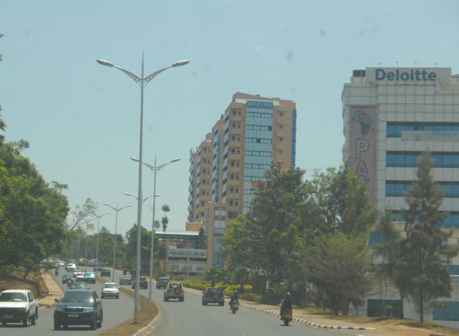×
The Standard e-Paper
Fearless, Trusted News

I have been an ardent reader of Home & Away for nearly six years now and appreciate how the pullout has consistently put us on the map on real estate investments. I would, however, like to know whether it is possible for Kenyans to buy property in other East African Community countries.